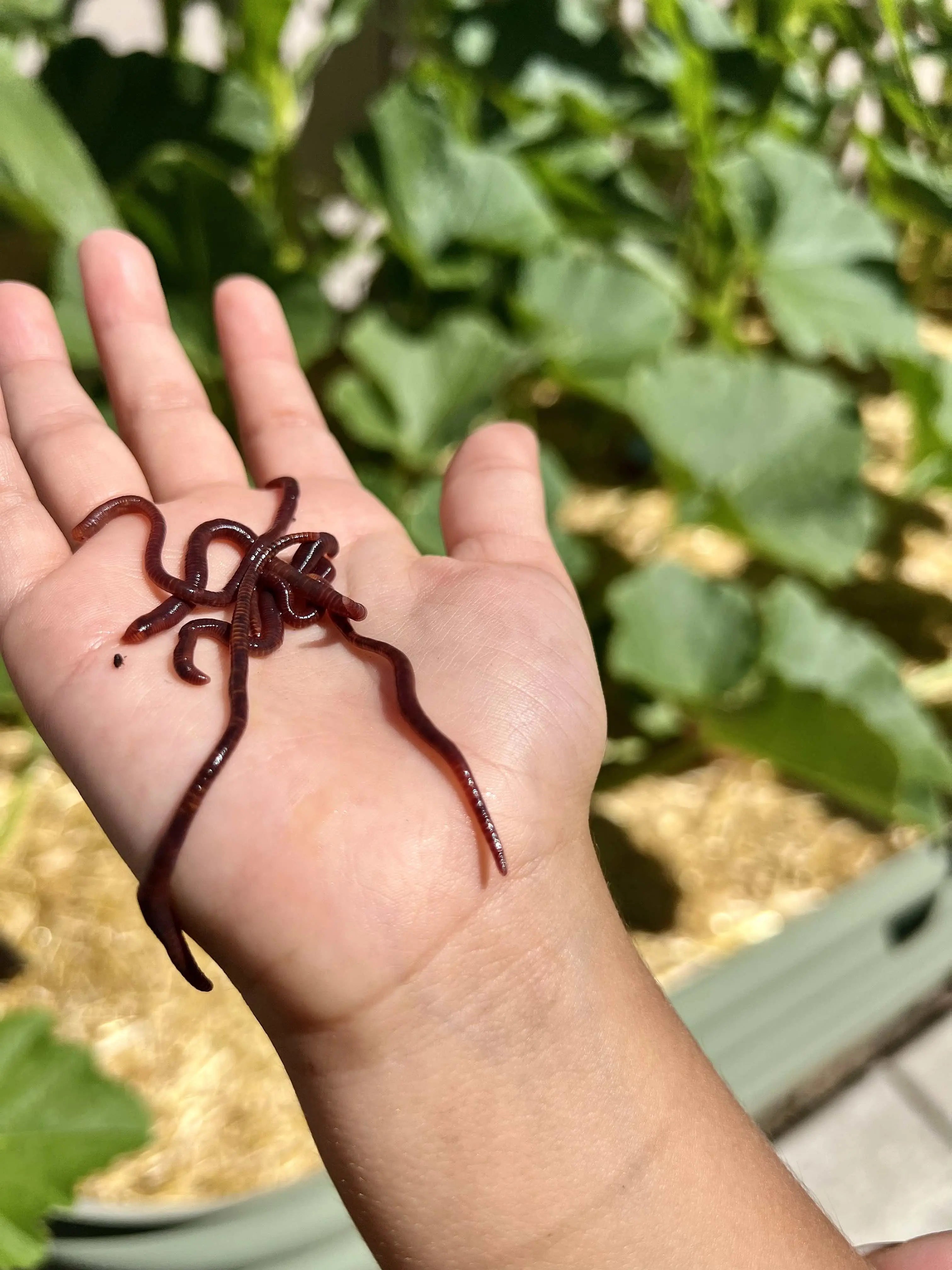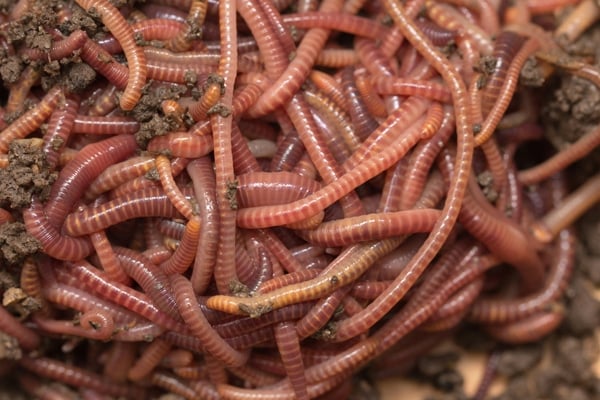Transform Your Lawn with the Expertise of Red Wiggler Express Lawn Care Specialists
Transform Your Lawn with the Expertise of Red Wiggler Express Lawn Care Specialists
Blog Article
Red Wigglers: The Unsung Heroes of Organic Waste Recycling
Red wigglers, or Eisenia fetida, serve as critical representatives in the organic waste recycling procedure, transforming disposed of materials right into valuable vermicompost. As the world significantly seeks options to deal with waste buildup and enhance farming efficiency, comprehending the role of these worms comes to be crucial.
What Are Red Wigglers?
The amazing strength of red wigglers, clinically known as Eisenia fetida, highlights their essential role in organic waste recycling. These small, reddish-brown earthworms are commonly found in breaking down raw material, such as garden compost heaps and manure loads. Lake Hickory Bait. Unlike various other earthworm species, red wigglers thrive in nutrient-rich environments and are very efficient at damaging down organic products, making them important for vermicomposting

(Red Wiggler Express)Along with their role in waste decrease, red wigglers add to dirt health and wellness by improving soil structure and oygenation via their delving activities (Lake Hickory Bait). Their presence in composting systems not only improves decay prices yet additionally promotes a lasting method to squander monitoring, highlighting their importance in environmental conservation efforts
Benefits of Composting With Worms
Composting with worms, especially red wigglers, uses many benefits that improve both waste administration and dirt health and wellness. These worms efficiently damage down natural waste, transforming it into nutrient-rich vermicompost that enhances soil. This process accelerates disintegration, permitting for a much faster recycling of cooking area scraps and various other organic materials contrasted to typical composting approaches.
In addition, the vermicompost created by red wigglers is including useful bacteria, which help boost dirt structure, aeration, and dampness retention. This improves the total wellness of plants, advertising vigorous growth and increased returns in yards and farming settings. Furthermore, the usage of worms in composting decreases the manufacturing of greenhouse gases, such as methane, contributing to an extra lasting waste management system.

Exactly How to Begin Vermicomposting
Developing a vermicomposting system is an uncomplicated process that can yield significant benefits for both waste administration and soil enrichment. To start, pick an ideal container, such as a plastic container or wood box, with ample ventilation holes to ensure proper airflow. The dimensions ought to ideally be around 2 feet by 3 feet, allowing sufficient area for the worms to flourish.
Next, prepare bed linen material, which can contain shredded newspaper, cardboard, or coconut coir. This bedding ought to be moistened to create a suitable environment for the worms. As soon as the bed linens remains in area, present red wigglers (Eisenia fetida) right into the container, commonly around one extra pound of worms for every single square foot of surface location.
Following the positioning of worms, include organic waste, such as vegetables and fruit scraps, coffee premises, and smashed eggshells. Prevent including milk, meat, or oils, as these can develop smells and draw in insects. Finally, place the container in a shaded, temperature-controlled area to maintain optimum problems for worm activity. With these actions, you will properly start a vermicomposting system that contributes to lasting waste monitoring and enhances your soil.
Maintaining a Healthy Worm Container
(Red Wiggler Express)Maintaining a worm bin flourishing calls for routine attention and treatment to ensure the wellness of the red wigglers and the efficiency of the composting procedure. Proper upkeep starts with checking the moisture degrees; the bin must be damp however not saturated. A good general rule is to preserve a consistency similar to a wrung-out sponge.
Aeration is vital. Gently mixing the bed linens and food scraps every couple of weeks avoids compaction and makes certain that all worms have access to oxygen. Furthermore, it is important to feed the worms properly. A well balanced diet plan of fruit and veggie scraps, coffee premises, and smashed eggshells should be used in small amounts to avoid overfeeding, which can cause smells and parasites.
Temperature level regulation is one more important element. Red wigglers grow in a variety of 55 to 77 levels Fahrenheit. If the container becomes too Red Wiggler Express hot or cold, the worms may end up being stressed out - Lake Hickory Bait. Finally, regularly look for indications of health and wellness, such as worm populace development and the existence of healthy and balanced castings. By faithfully taking care of these variables, one can keep a durable and productive worm bin.
Effect On Sustainable Living
The successful upkeep of a worm container not only benefits the health of red wigglers yet likewise contributes considerably to sustainable living techniques. By reusing organic waste, such as kitchen scraps and backyard debris, red wigglers help draw away considerable amounts of material from garbage dumps. This decrease in waste not only reduces greenhouse gas emissions but also minimizes the ecological problem connected with waste monitoring.
In addition, the castings generated by red wigglers work as a nutrient-rich organic plant food, improving dirt health and wellness and promoting plant development. This natural choice to chemical fertilizers sustains sustainable farming and gardening techniques, decreasing dependence on synthetic inputs that can damage environments. Additionally, worm composting promotes awareness of waste administration, encouraging people and communities to embrace even more sustainable routines.

Conclusion
In recap, red wigglers offer as important contributors to organic waste reusing via their effective decay of organic products. By incorporating vermicomposting into waste management strategies, people and areas can substantially decrease waste while promoting ecological sustainability.
Report this page